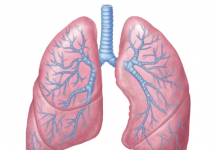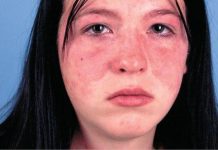Immune deficiency disease is also known as immunodeficiency disorders and occurs when the body’s immune system becomes weak and its response is reduced or even absent in some cases. This immunosuppression occurs when special white blood cells do not work in the manner that they should or in the case when the body doesn’t produce enough number of antibodies.
Most people do not get to know the occurrence of this immune system disorder until they are affected by some other infection or disease. There are many signs and symptoms which can help in detecting the prevalence of immune deficiency disease. To know about them you can go through the following given information:

- Conjunctivitis: Conjunctivitis is an eye condition in which eyes become red and an eye discharge is observed. This is a condition which can be considered a sign of immunodeficiency disorder. This condition is observed in many people who are eventually diagnosed of immune system problems. To treat this condition, monthly antibiotics are needed.
- Diarrhea: Diarrhea is a problem which is commonly found in those whose immune system is weak and non responsive. Diarrhea is generally caused by infections and even overgrowth of normal bacteria which are found in the gastrointestinal tract. If a person is experiencing bloating or pain then his/her stool samples must be tested. If the reports come out to be positive, then antibiotic treatment may be recommended.
- Methicillin Resistant Staphylococcus aureus infection (MRSA): This is another condition which, if found occurring in a person might be a clear warning sign that the person is suffering from an immunodeficiency disorder or disease. Staphylococcus is a bacterium which is present on the skin of a person or even in the nose of people. This bacterium can result in infections in people who have suppressed immune systems. MRSA must be treated with different types of antibiotics as it is a condition which is difficult to treat.
- Recurrent Sinus and chest infections: A chest infection or a sinus infection may prove to be symptoms of immune deficiency diseases and must be treated in the early stages to avoid serious disorders. If these infections are not treated early on, they may even cause some kind of a permanent damage. The signs of these infections include nasal secretions and changes in the color of sputum. They can be treated by regular antibiotic therapy or treatment.













